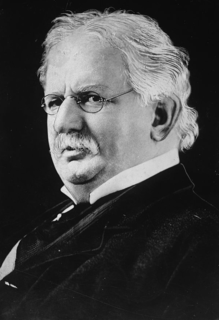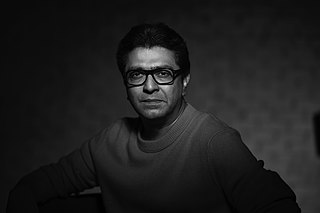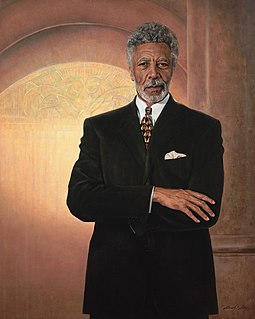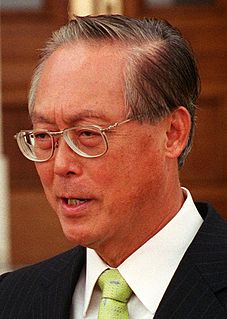A Quote by Theodore Newton Vail
For the protection of the community, of individual life and health, there are some necessities that should be provided for all at the expense of all, such as roads, pure water, and sanitary systems for concentrated population, and reasonably comprehensive mail service. The determination between services that should be operated by the government and those which should be left to private enterprise under proper control should be governed by the degree of necessity to the community as a whole.
Quote Topics
Between
Community
Comprehensive
Concentrated
Control
Degree
Determination
Enterprise
Expense
Governed
Government
Health
Individual
Individual Life
Left
Life
Mail
Mail Service
Necessities
Necessity
Population
Private
Private Enterprise
Proper
Protection
Provided
Pure
Pure Water
Reasonably
Roads
Sanitary
Service
Services
Should
Some
Systems
Those
Water
Which
Whole
Related Quotes
Government should be good for the liberty of the governed, and that is when it governs to the least possible degree. It should be good for the wealth of the nation, and that is when it acts as little as possible upon the labor that produces it and when it consumes as little as possible. It should be good for the public security, and that is when it protects as much as possible, provided that the protection does not cost more than it brings in.... It is in losing their powers of action that governments improve. Each time that the governed gain space there is progress.
Sometimes we feel that one individual's action is very insignificant. Then we think, of course, that effects should come from channeling or from a unifying movement. But the movement of the society, community or group of people means joining individuals. Society means a collection of individuals, so that initiative must come from individuals. Unless each individual develops a sense of responsibility, the whole community cannot move. So therefore, it is very essential that we should not feel that individual effort is meaningless- you should not feel that way. We should make an effort.
We have said that the State must not absorb the individual or the family; both should be allowed free and untrammelled action so far as is consistent with the common good and the interest of others. Rulers should, nevertheless, anxiously safeguard the community and all its members; the community, because the conservation thereof is so emphatically the business of the supreme power, that the safety of the commonwealth is not only the first law, but it is a government's whole reason of existence.
In order not to leave any traces, when you do something, you should do it with your whole body and mind; you should be concentrated on what you do. You should do it completely, like a good bonfire. You should not be a smoky fire. You should burn yourself completely. If you do not burn yourself completely, a trace of yourself will be left in what you do. You should not have any remains after you do something. But this does not mean to forget all about it.
Through my Faith-Based and Community Initiative, my Administration continues to encourage the essential work of faith-based and community organizations. Governments can and should support effective social services, including those provided by religious people and organizations. When government gives that support, it is important that faith-based institutions not be forced to change their religious character.
The basis of our governments being the opinion of the people, the very first object should be to keep that right; and were it left to me to decide whether we should have a government without newspapers or newspapers without a government, I should not hesitate a moment to prefer the latter. But I should mean that every man should receive those papers and be capable of reading them.
The seeds of today's runaway government were planted when it was decided that government should help those who can't help themselves. From that modest, compassionate beginning to today's out-of-control mega-state, there's a straight, unbroken line. Once the door was open, once it was settled that the government should help some people at the expense of others, there was no stopping it.
Though there is a benevolence due to all mankind, none can question but a superior degree of it is to be paid to a father, a wife, or child. In the same manner, though our love should reach to the whole species, a greater proportion of it should exert itself towards that community in which Providence has placed us. This is our proper sphere of action, the province allotted us for the exercise of our civil virtues, and in which alone we have opportunities of expressing our goodwill to mankind.
We should not be living in human communities that enclose tiny preserved ecosystems within them. Human communities should be maintained in small population enclaves within linked wilderness ecosystems. No human community should be larger than 20,000 people and separated from other communities by wilderness areas. Communication systems can link the communities.






























